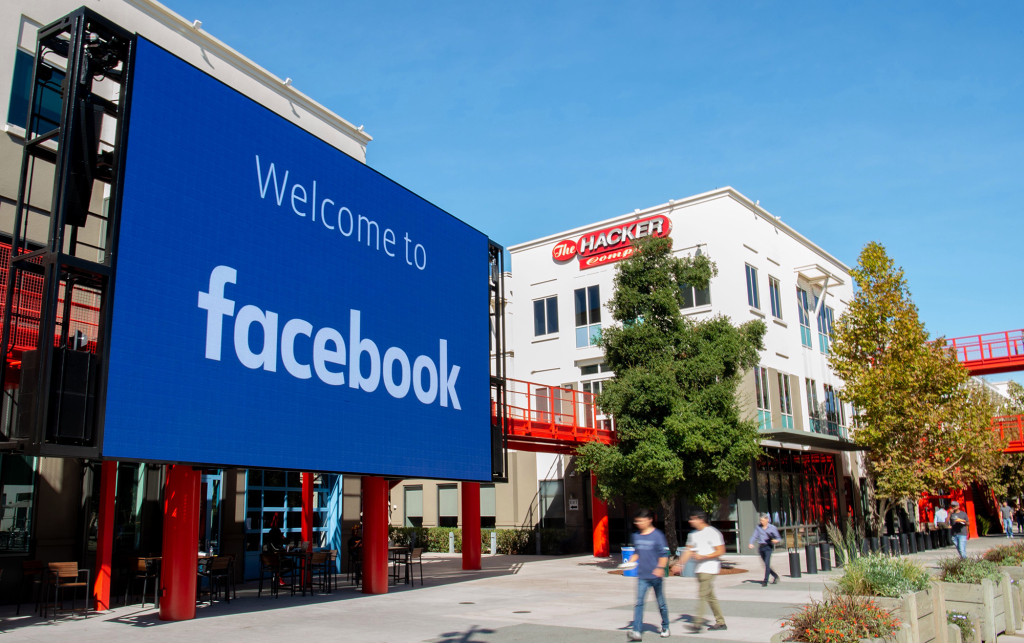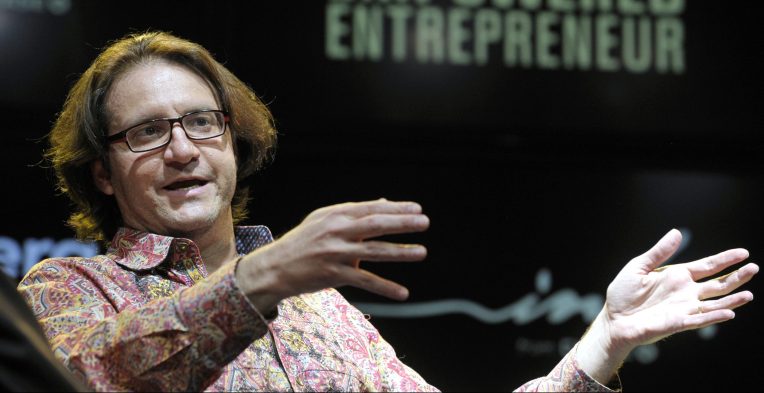Facebook on Wednesday launched a $150 million housing fund for the Bay Area’s poorest residents — the company’s biggest affordable housing announcement since pledging $1 billion to the cause more than a year ago.
The tech titan’s new Community Housing Fund will provide low-interest loans to developers building affordable housing in Santa Clara, San Francisco, San Mateo, Alameda and Contra Costa counties. What makes the fund unique, is that it’s focused on providing homes for a group that experts say often is overlooked when it comes to affordable housing production: Households making less than 30% of the local median income. In Santa Clara County, that’s $47,350 a year for a family of four.
The fund is the largest private fund in the state dedicated to extremely low-income housing, according to Facebook. It launches as the Bay Area’s economy is in tatters, ravaged by the coronavirus pandemic, and local leaders worry homelessness will balloon in the coming months as various orders stopping evictions expire.
“A lot of the folks that are in this (extremely low-income) category are many of our essential workers,” said Juan Salazar, Facebook’s director of local policy and community engagement. “Folks that are stocking our shelves in our grocery stores and are working in our restaurants and so forth.”
They’re also the people most at risk of slipping into homelessness.
In October of last year, Facebook joined a handful of top tech companies throwing big sums at California’s housing shortage, by committing $1 billion in cash and land to address the problem. At the time, Facebook promised $150 million of that would be funneled into the new Partnership for the Bay’s Future — an affordable housing fund backed by several large companies and nonprofits — but the social media company did not disclose many other details.
On Wednesday, Facebook invited developers to start applying for those funds. The $150 million is expected to support the development of at least 2,000 affordable homes, and Facebook intends to fund at least five projects in the next year. The rest of the money should be allocated by 2026.
Earlier this year Apple, announced it had committed $400 million to affordable housing projects across California — part of its $2.5 billion pledge in 2019 to fight the state’s housing crisis.
Not every home funded through Facebook’s Community Housing Fund will be affordable for extremely low-income households. To qualify for funding, projects must ensure at least 20% of the units built will be for families making 30% or less of the region’s median income. The requirements are stricter in Santa Clara County, where projects must be at least one-third supportive or extremely low-income housing.
“Often, in order to frankly make the projects work economically, you’re going to have to have a mixture of units that are affordable at different levels of income,” said Maurice Jones, president and CEO of Local Initiatives Support Corporation (LISC), which is managing the Facebook fund.
The first project funded through the new Community Housing Fund is a former fraternity house. First Community Housing bought a house belonging to Sigma Nu’s Zeta Iota Chapter, near San Jose State University, last month. The nonprofit developer, which paid $5.6 million for the property, plans to convert it into more than 120 units of supportive housing for people who were formerly homeless.
In anticipation of launching this fund, Facebook has been working with nonprofit partner Destination: Home for more than a year, said Jennifer Loving, CEO of the San Jose-based organization. Destination: Home is contributing $5 million to the fund, which will be used to cover any losses that result from failed projects in Santa Clara County. In exchange, Facebook has promised one-third of the fund will go toward Santa Clara County housing.
There’s a shortage of all housing in the Bay Area, but experts say the lack of options for extremely low-income families is the most dire. And there are few funding streams dedicated to producing it. That’s why Facebook’s new fund is so exciting, Loving said.
“This is a solution that will be meeting the needs of the most vulnerable people,” she said.
The Facebook fund is part of the Partnership for the Bay’s Future — a more than $500 million housing fund backed by the San Francisco Foundation, Genentech and others. Since it launched in January of last year, it has invested more than $100 million in 16 projects. Work has started on three renovation projects, and crews have broken ground on a new-construction project at 1717 University Ave. in Berkeley.
Facebook also has pledged $1.5 million to All Home, which fights homelessness and poverty in the Bay Area. And the social media company invested last month in Factory_OS — a Vallejo-based producer of modular homes.
Salazar hopes Facebook’s new fund will serve as a model that others can copy.
“I think we’re at a time here in the Bay Area where we need new solutions to housing,” he said. “And I think this is one of the ways we decided to put our foot forward to figure out if we can take on that initial role, and then hoping that it then has a cascading effect if it is effective.”










